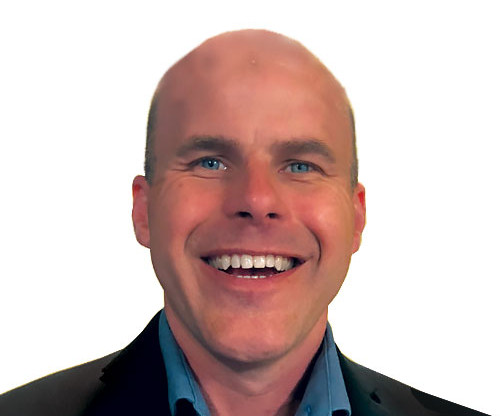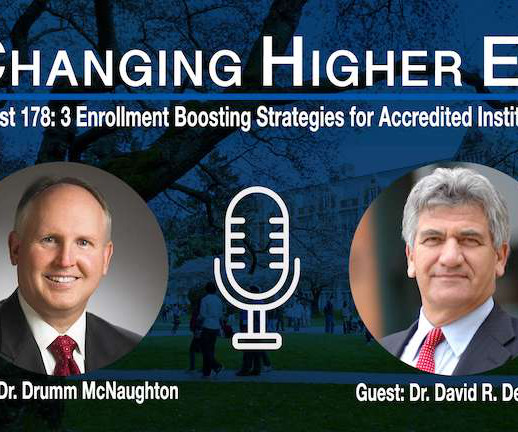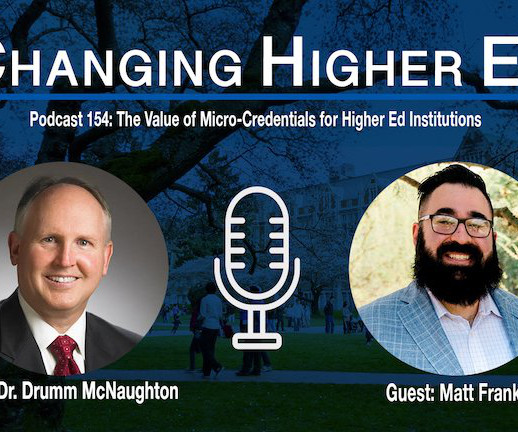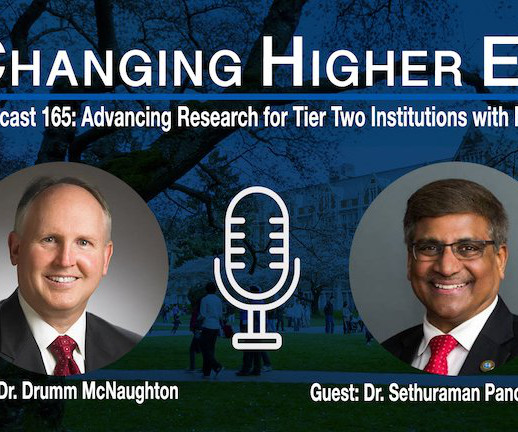Cal State Fullerton Gets $1.4M for Career Pathways Projects
Diverse: Issues in Higher Education
MARCH 22, 2023
The difficulty of making a successful transition from school to the workforce remains one of the most persistent problems in higher education. The outcome is bad for students and industries alike: a lack of social mobility and a lack of qualified workers. It’s a burgeoning industry, expected to grow 7% between 2020 and 2030.















Let's personalize your content